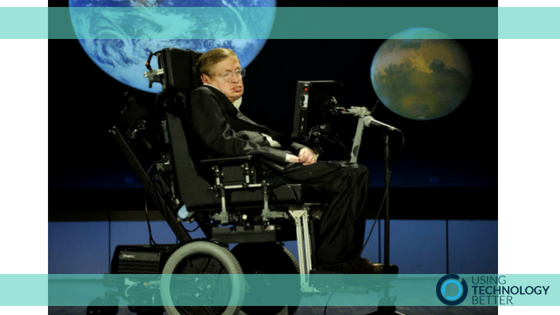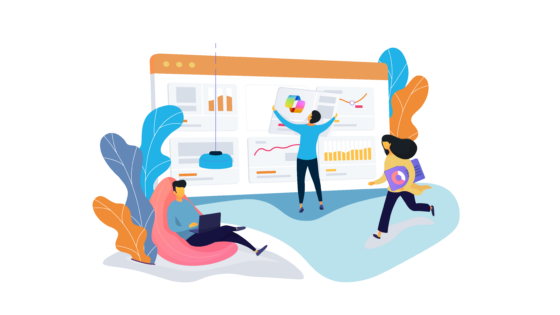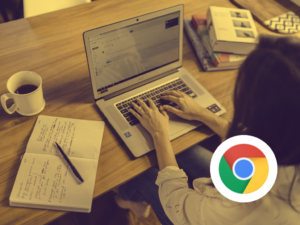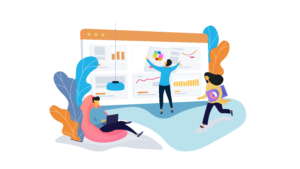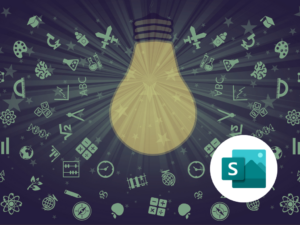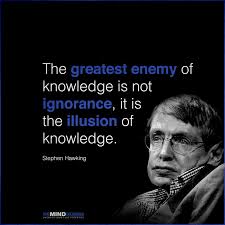
When Stephen Hawking sadly passed away I was in Australia working with teachers on how to develop their use of Office 365 tools.
There were many news item about what a brilliant man he was and his quote, “The greatest enemy of knowledge is not ignorance, it is the illusion of knowledge.” popped up numerous times on Facebook over the next few days. As I was working with many dedicated teachers who were so open to learning about new forms of technology, and how these new skills could help them work more effectively, it got me thinking about how we perceive different platforms of learning.
[bctt tweet=”Thank you Stephen Hawking for your wise words” username=”donnagolightly1″]
In the schools I’ve worked in there has always tended to be a Google v Microsoft mindset. You either have a Gmail account as your email source and you ‘use’ Google, or, you have an Outlook account and you ‘use’ Microsoft tools.
When reflecting on Stephen’s quote I began to understand it more clearly: when working with the mindset he was referring to, we tend to think we know what we’re doing. We have some knowledge of the suite of tools we’ve decided to use and so we stop there. We may develop an in-depth knowledge of those Google tools or Microsoft tools and we silently congratulate ourselves for adopting a positive attitude to learning new things. I am not suggesting in anyway whatsoever that this isn’t to be commended. But, because we believe we are doing a great job by developing this awesome knowledge in one domain, it can actually be a barrier to investigating other tools.
If we’re a Google school why bother learning about Microsoft tools? If we’re a Microsoft school why bother learning about Google tool? We remain ignorant to the value and benefits of the other range of tools simply because we don’t investigate it. This is what Stephen got me thinking about.
[bctt tweet=”Do you only use Google or only use Microsoft?” username=”donnagolightly1″]
He got me thinking that what we should actually be doing is learning about both sets of tools. When we educate ourselves about all the platforms available to us we are better able to choose the tool that is most relevant for the task we want to complete, be it a Google tool or a Microsoft tool.
I have always loved Google tools. I worked at a Google school and I spent many hours extolling the virtues of all they could do. During the week that Stephen passed away I was working with Australian teachers and Office 365 tools. I realised I had lots of knowledge about Google, yet there was so much more that I could learn about that would enrich my experiences.
I never knew about OneNote simply because it isn’t a Google tool. Had I have taken the time to look outside my ‘Google walls’ I would have discovered a tool that is one of the most versatile I have ever come across.
[bctt tweet=”OneNote is an amazingly versatile tool for education” username=”donnagolightly1″]
Thank you Stephen for leaving the world with such wise words – I still love Google tools, but I’m now mixing and matching with Microsoft, using what is the best tool for the task at the time – regardless of which camp it comes from.
What an inspiring message to pass on to our students – if we could all take on a little bit of Stephen Hawking’s legacy what a better world it would be.
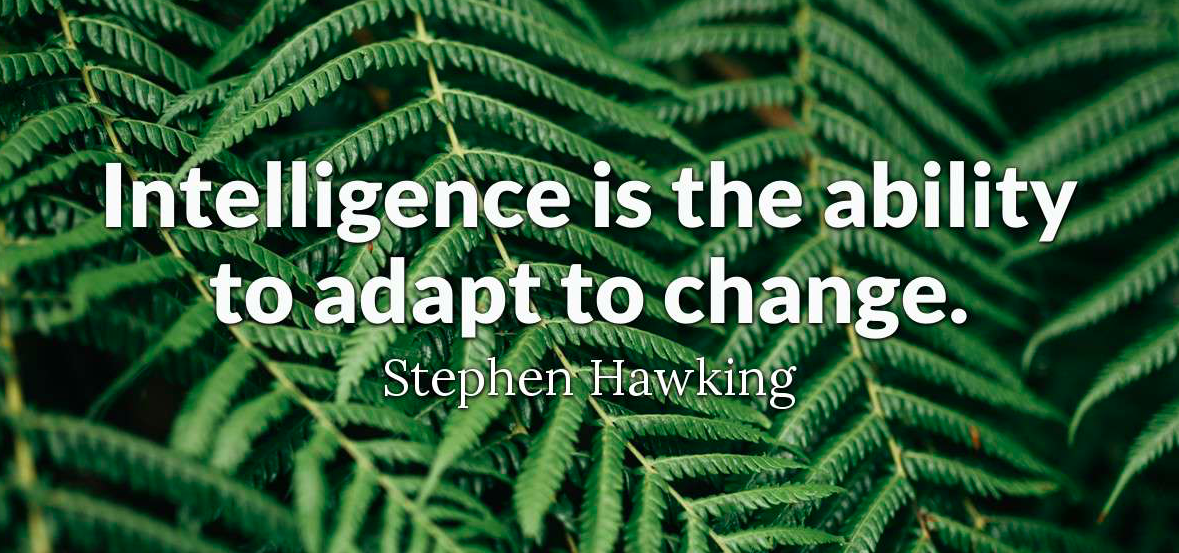
If want some tips and tricks on how to use Google and Microsoft tools check out our online professional learning community.



